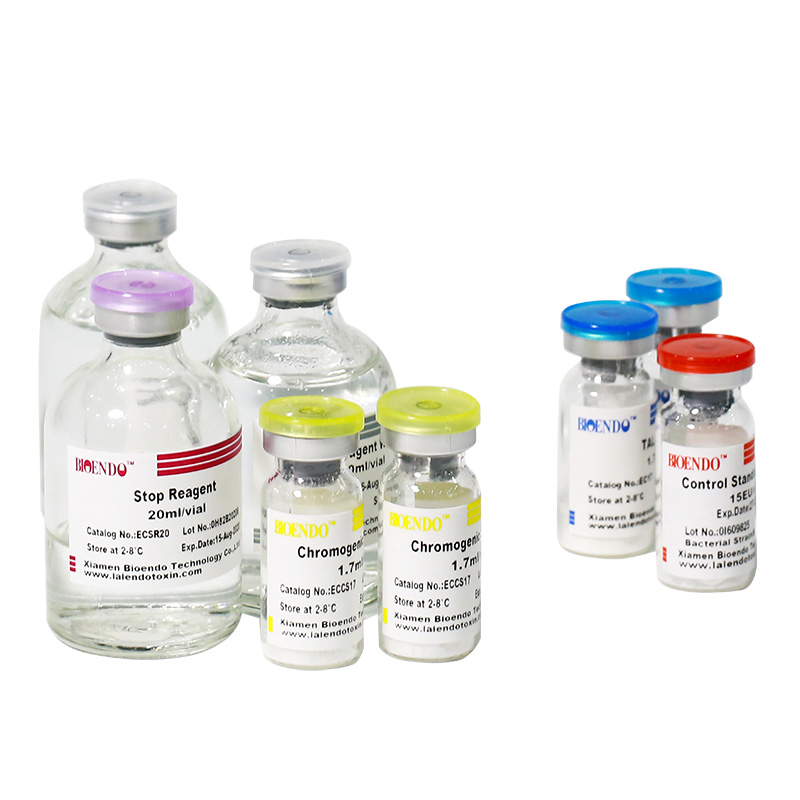Lyophilized Amebocyte Lysate – TAL & LAL
The TAL (Tachypiens Amebocyte Lysate) is a lyophilized product made of blood-deformed cell lysate of marine organisms, containing coagulasen, which is activated by trace amounts of bacterial endotoxin and fungal glucan, which is derived from the coastal area of Fujian China. The arthropod China horseshoe crab blue blood extract the deformed cell lysate, and the biological reagent obtained by low-temperature freeze-drying can accurately and quickly determine whether the sample contains bacterial endotoxin and (1,3)- Beta-glucan.
In worldwide, so far TAL is widely used in the fields of pharmaceutical, clinical and scientific research for the detection of bacterial endotoxin and fungal glucan. The currently used Lyophilized Amebocyte Lysate are divided into two major categories: Atlantic horseshoe crab and Tachypleus tridentatus Leach (China houseshoe crab). The former named Limulus Amebocyte Lysate (LAL), the later is recognized Tachypleus Amoebocyte Lysate (TAL).
In latest version of USP/NF, the detailed descriptions as follows:
The Bacterial Endotoxins Test (BET) is a test to detect or quantify endotoxins from Gram-negative bacteria using amoebocyte lysate from the horseshoe crab (Limulus poly-phemus or Tachypleus tridentatus).
Xiamen Bioendo Technology is the leading provider of TAL in China.
Tachypleus Amoebocyte Lysate manufacturer Since 1978.
Post time: Mar-29-2019



